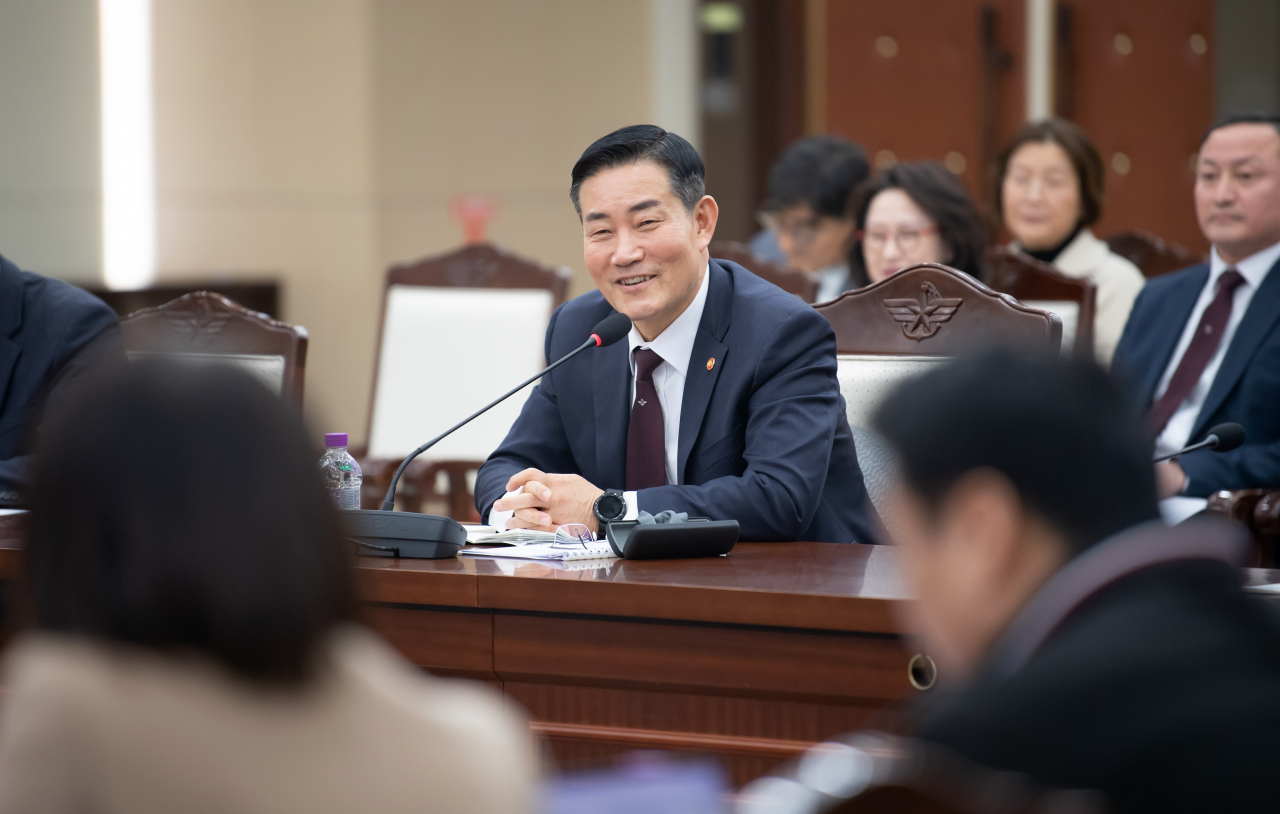
North Korea has provided Russia with 6,700 shipping containers’ worth of artillery shells over the past six months, according to Seoul’s defense chief Shin Won-sik. In return, the North is believed to have received from Russia enough food and other essentials to fill about 10,000 shipping containers over the same period, Shin said.
In a press conference on Monday, Shin noted that the North Korean military factories for producing arms for Russia were operating at full capacity.
“Since August last year, more than 6,700 shipping containers have been sent to Russia. Although we cannot count how many rounds of artillery shells are in them, a rough estimate is more than 3 million rounds if they are 152mm ammunition,” he said.
The minister said North Korea was getting food and other supplies from Russia.
“Food makes up the largest proportion of support from Russia,” he said, adding that the food shortage in North Korea seems to not have been as severe as of late. “There are about 30 percent more articles going into North Korea from Russia than the other way around.”
Aside from food, he said Russia is believed to be supplying North Korea with other essential items as well as materials required for manufacturing weapons meant to be exported back to Russia.
He said that the South Korean military authorities were working to grasp the extent of the military cooperation between North Korea and Russia, including the transfer of Russian technology.
“North Korea is asking Russia for technologies related to aircraft and ground maneuvering equipment, and other things that they need,” he said.
As for the first military reconnaissance satellite that North Korea succeeded in launching in November, its signals were being received normally but it “has no utility military-wise.”
With the possible launch of another military reconnaissance satellite, the scope of the technological support from Russia would become more apparent, he said. He said that Russian President Vladimir Putin had earlier pledged to help North Korea with satellite and space-related technology.
On the frequent firing of cruise missiles by North Korea, the minister said that the North seems to be intensively developing cruise missiles, which, unlike ballistic missiles, do not violate the United Nations Security Council resolutions.
“It seems the North Korean cruise missiles are capable of carrying nuclear warheads,” he said, adding that North Korea’s focus on cruise missiles is likely intended to serve two goals of exports to Russia and frontline provocations.
Shin said that while North Korea does not have the capacity to wage a full-scale war, it was still capable of launching localized attacks at any time. He said that this year, joint drills by the US and South Korea would be held twice as frequently compared to last year, to maintain readiness against North Korean threats.
On North Korean leader Kim Jong-un’s high-profile daughter Ju-ae and reports of her rise to likely successor, the minister said he was aware of earlier suggestions by the intelligence authorities of the presence of an older son.
“I don’t think we are at a point where we can say with any degree of certainty whether a son exists or not,” he said.





